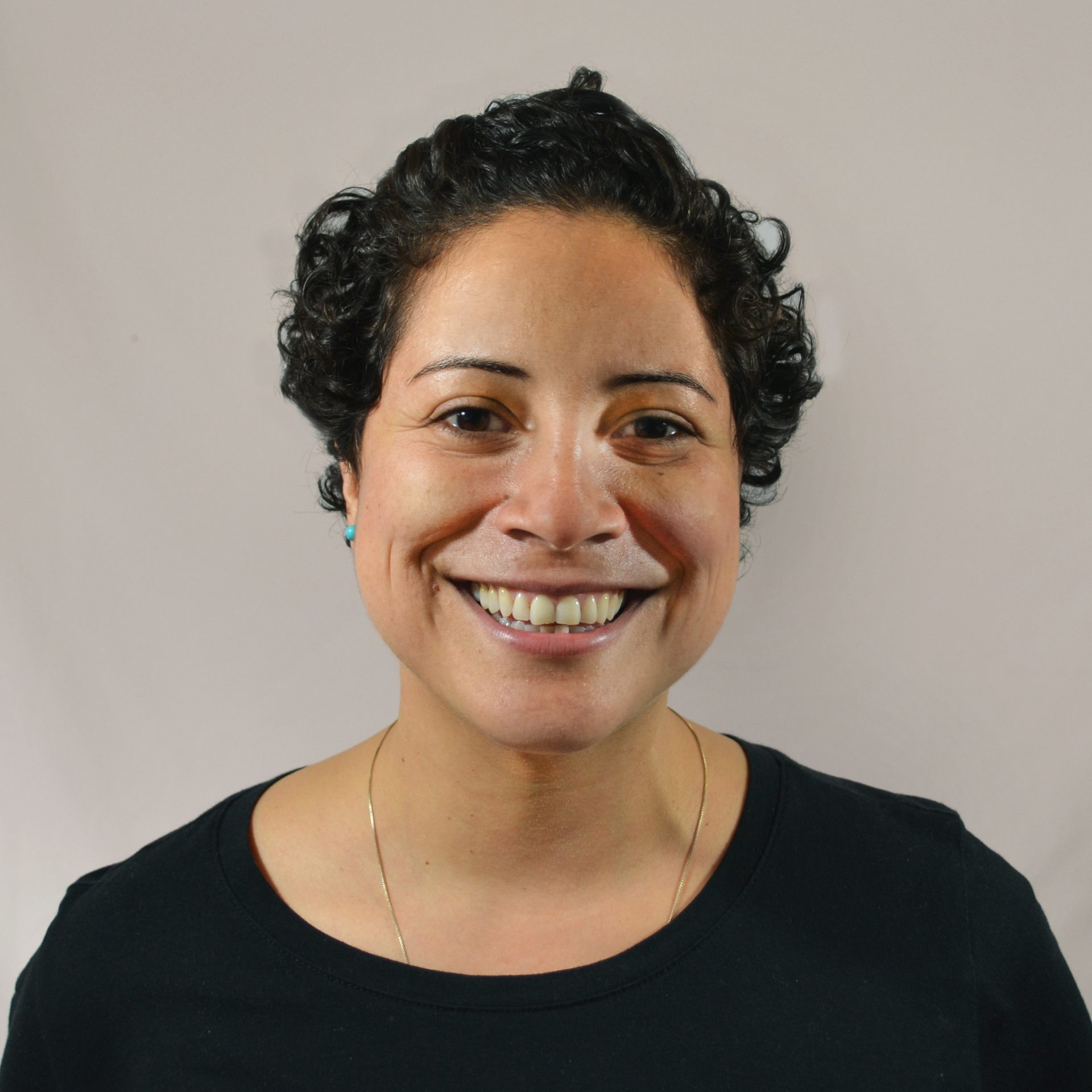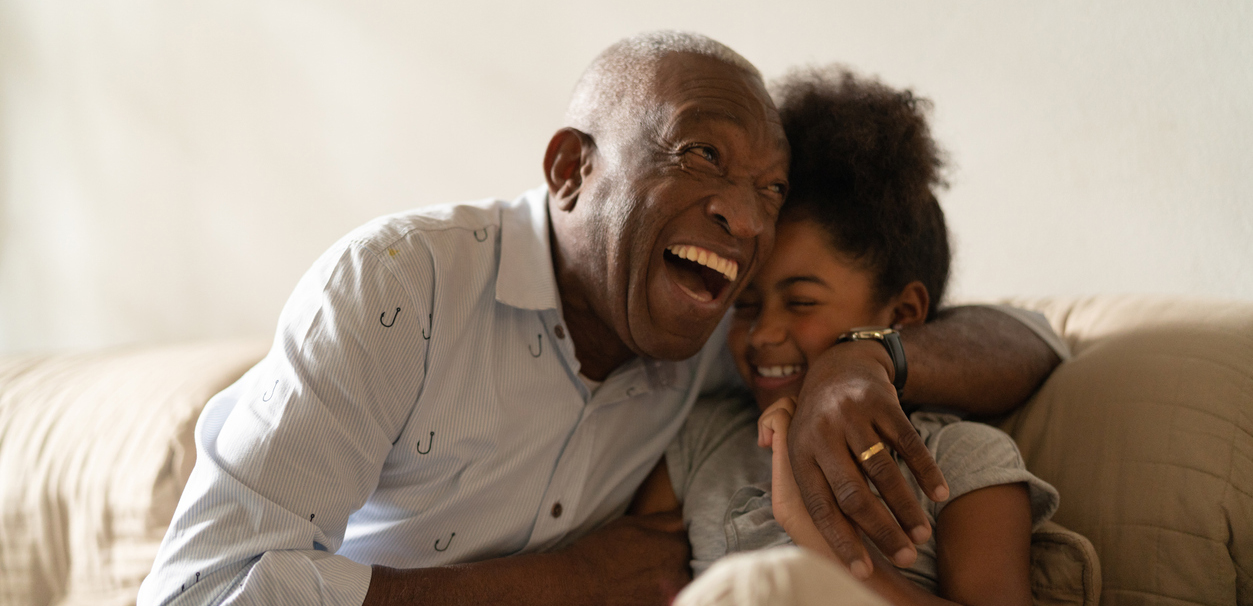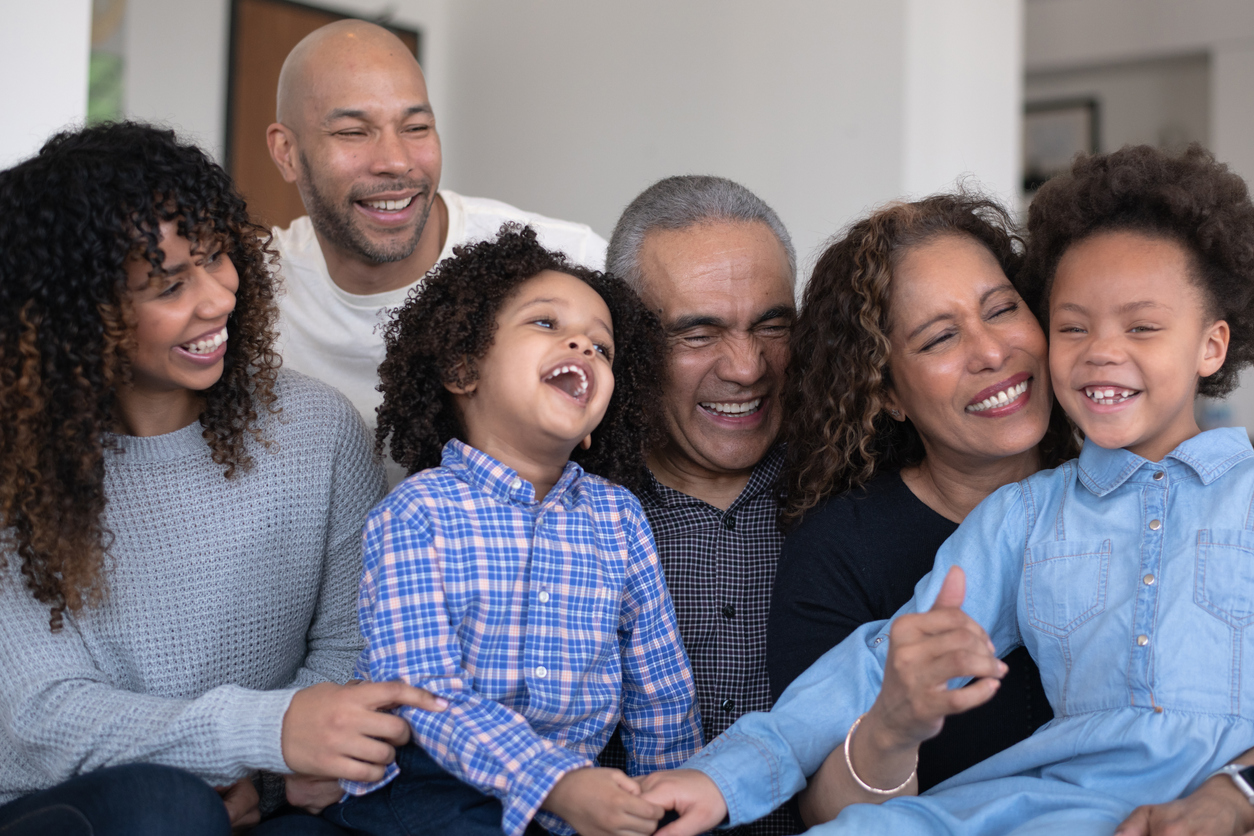Meet our Team
A Conversation with Fatima Clark, Senior Policy & Outreach Associate, Health
Children Now® Insider: Stories, News, And Insights On Children’s Advocacy
For more information on our blog, contact Adrienne Bell at [email protected]
August 24, 2020

On her background and working at Children Now
I’m a Nicaraguan immigrant who lives in LA! [Laughs]
I joined Children Now in 2013, and this is the longest I’ve worked with the same agency. It’s a great fit for me personally, and I connect so deeply to the work that we do. I came on board to connect current and former foster youth to health coverage, but over the course of my time here, I’ve worked across so many different teams, and grown a lot in how I view policy work.
Before I came to Children Now, I was in a health bubble, focused on coverage and access to care, but I’ve become a better, more well-rounded person because of my colleagues and my exposure to such a diverse range of issue areas. Our policy teams really emphasize the importance of the whole child and cross-pollinate our expertise across health, education, child welfare, and early childhood.
On the power of getting involved
My family moved to Los Angeles when I was less than a year old and I didn’t become a naturalized citizen until 2008. As a result, I couldn’t vote for Barack Obama when he first ran for president, but I did everything I could to help get him elected!
I learned that while voting is incredibly powerful, because it can directly impact who represents you and how they do so, there’s a lot you can still do when you don’t yet have that power. You can educate yourself and others, and participate in civic action and make a difference, even if it’s not at a ballot box. This was a key realization and source of power to leverage as an immigrant living in the U.S.
On wanting to help others and create change
I always had a sense of wanting to help others and create change but not really knowing how. For a while, I thought about becoming a teacher, but it wasn’t the right fit. I ended up getting my B.A. in psychology, but then I realized that while I could help people individually as a psychologist, I wouldn’t be able to address the larger systemic issues affecting people’s lives.
So that led me to social work, because of the systems view that works within the field and the approach which considers all aspects of a person’s life and how they intersect and interact to impact their outcome. There were three different paths in my graduate studies – direct service, administrative, and policy – and I dabbled a bit in all of them before I realized that policy was where I wanted to focus. It was something that fascinated me, and I didn’t have a lot of experience with it. But I knew the power of social movements and how people can work together to create lasting change.
I’m drawn to the intersection of direct service work and taking a systems-level approach – to that place where you can still be closely connected to and engaged with other individuals, but also impact millions of lives.
My first real foray into policy work, outside of the academic world, was organizing. During the 2008 elections, I spent a lot of time canvassing and knocking on doors engaging voters on various issues related to immigration reform and economic justice. And before joining Children Now (and returning to Los Angeles, where I grew up), I worked as a legislative and communications director for a non-profit organization in Washington state.
On working closely with partners and people on-the-ground
I love having that close connection to and working with local partners, which is something that’s fundamental to how Children Now operates. It’s such a great balance for me, being able to get involved at the local level with our diverse set of stakeholders and advocates, but then also being focused on advocacy at the state and/or federal levels.
While there were a lot of things about canvassing that I could do without, I really liked meeting people, but it was often hit or miss, you never knew who would answer the door, or slam it in your face, especially in a state like Washington.
But here in Los Angeles, when I’m coming in contact with people, we’re often aligned, and there’s such an inclusive environment and political landscape that I’m working within – it’s just so different.
On wicked problems
Within the field, a wicked problem is one that’s difficult or impossible to solve because of contradictory and changing requirements that are often difficult to recognize. By nature, the biggest struggle when tackling these problems is finding alignment across a broad swatch of people who are impacted by and interested in the issue. The toughest challenges are often around awareness building and education – if this policy/solution/action is the least we can do to do right by kids, and it’s not remotely controversial, then why is it so hard?
Having that framework and approach in mind also gives me hope because it’s what we do so well as an organization. We look at all aspects of a problem, talk to everyone involved and make something happen. We face wicked problems head on.
On teaching, and valuing our elders
If I wasn’t doing this, I’d probably be a teacher, since it was something I considered and then walked away from in college. It’s definitely a path that I’d love to revisit at some point in my life, whether that’s in a formal setting, or through mentorship or something in between.
It makes me think about this piece I saw about the way trees communicate in a forest, and how every tree, even the old and dead ones, has a purpose and provides sustenance. Elders in our community are much like these trees, they offer their legacy to future generation(s). So maybe there’s an opportunity for me to instill some wisdom later in my life …
On the relationship between advocacy and parenting
Even before my son was born, I had a niece and nephew, with whom I’m very close. When I moved back to LA and started working at Children Now, they were very young, and my interactions with them were influenced by all the things I was learning at work – like the importance of the early years, early health and the rapid development that happens during that time.
You know, the work I’ve done has absolutely impacted me as a parent, rather than the other way around. When I got pregnant, I knew where to find and access the resources that I needed to educate myself and stay healthy. But more than that, I was in awe of how much support I have through Children Now and the people in my life. I wonder, especially these days, what life is like for moms who are essential workers, who don’t have access to safe and affordable child care – how are they surviving, how are they doing? How can we shift systems in our society to respond to emergent needs?
We need to be so thoughtful and intentional and nurturing with our children, but it’s really sobering to think about how many kids don’t have that, because their parents and caregivers don’t have the services and supports they need. Often, these barriers are the product of longstanding systemic inequities that we need to change.
I’m really proud to be working in an organization that is addressing these issues in real time – this month, this week, this moment – and making changes that affect millions of children and their families all over the state.
On silver linings during shelter-in-place
As you know, I recently became a parent [to a 10-month-old son] and while I’ve been home for the past few months, playing with my little guy has been the number one thing. It’s really so special that I get to spend so much time with him, and watch him grow when it feels like he’s changing every day.
I’ve also been doing a lot more cooking these days, and baking as well. We aren’t going out at all, aside from the occasional park or grocery store visit – so I’ve been making a lot of chocolate chip cookies. It might be time for a baking break!


